detail profile mikko niskanen
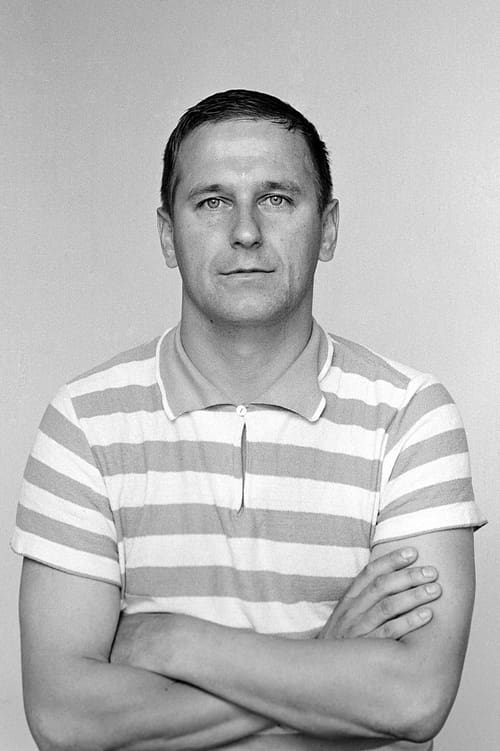
Mikko Niskanen
Kalervo Lehto
atau dikenal sebagai
Riwayat Hidup
Mikko Niskanen was a Finnish film director and actor.
He was born in Äänekoski, Central Finland in 1929.
He was the third of six children, and his father worked as a timber barge pilot.
His mother too had a job outside the home, so the children often spent summers with their grandmother in Viitasaari.
At the age of 13, Mikko Niskanen started working in timber felling and floating.
Two years later he enrolled in a vocational school in Jyväskylä to become a car mechanic.
He took a serious interest in amateur theatre and was accepted to study at the Finnish Theatre Academy in Helsinki from 1947 until 1950.
He then acted in Jyväskylä and Kuopio theatres until 1954 when he landed an actor's job at the film studios of Suomen Filmiteollisuus in Helsinki.
One of his first film roles was in Edvin Laine's The Unknown Soldier (1955).
Between 1958 and 1961 Niskanen studied at the Moscow Film School in the Soviet Union.
Niskanen's 1962 film The Boys was entered into the 3rd Moscow International Film Festival.
He continued his directing career focusing on themes such as rural life and youth.
His second breakthrough was Under Your Skin (Käpy selän alla, 1966), a story of two young couples spending a weekend camping in the countryside.
The film received six Jussi Awards and was followed by another story about young lovers, Asfalttilampaat (1968).
Niskanen's tour de force as both actor and director was the five-hour television drama Eight Deadly Shots which was also released as a 145-minute theatrical version edited by Jörn Donner.
Based on a true story from late 1960s Finland, it is a naturalistic drama about a poor farmer struggling to make a living for his family.
He gradually becomes a violent alcoholic who goes on killing spree when the police arrive to calm him down.
Besides directing, Niskanen gave a powerful and intense performance in the leading role.
The film, like many of Niskanen's works were shot on locations around his home province north of Jyväskylä.
Mikko Niskanen died of cancer at the age of 61.
Info Pribadi
Peran Yang Di Mainkan Mikko Niskanen
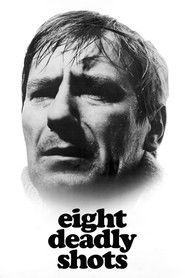 Smallscale farmer Pasi shoots four policemen...
Smallscale farmer Pasi shoots four policemen...Eight Deadly Shots 1972
Small-scale farmer Pasi shoots four policemen who have come to arrest him for raged drunkenness. Rest of the movie is a long flashback examining the events that finally leads to the tragic shooting. As time goes by, Pasi sinks gradually deeper and deeper into the poverty, gets into trouble with both police and tax officials while family arguments grow more and more serious. Based on a true story.
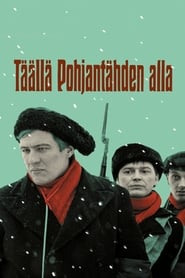 Tll Pohjanthden alla is based on...
Tll Pohjanthden alla is based on...Here, Beneath the North Star 1968
Täällä Pohjantähden alla is based on the book with the same title. It is a story of the little village. The movie starts in the 1890's and it ends to the Finnish civil war in 1918. Story concentrates around a tenant farmer family, although it gives us a good look at the society at whole. While the class struggle depends, people of the village are driven to bloody civil war.
 When Continuation War started in Summer 1941...
When Continuation War started in Summer 1941...The Boys 1962
When Continuation War started in Summer 1941, German soldiers arrived to Oulu. With their charm they conquered women and town boys. Finnish boys communicated with them on many levels: had trades, worked as interpreters, rotated business, spied on German love adventures and fought with each other about the favor of soldiers. In autumn 1944, the war was ending. Germans left Oulu by leaving behind fragile relationships, bastard kids and unfinished businesses. The most shocking of all was the faith of young Jake...
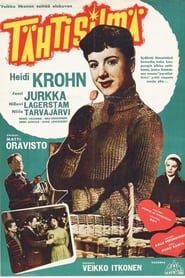 Poor orphan coffee delivery girl loves...
Poor orphan coffee delivery girl loves...Tähtisilmä 1955
Poor orphan coffee delivery girl loves a poor painter who can't sell his artworks. Painter likes delivery girl, but has stuck in a friend zone. Delivery girl tries to help the painter to get forward in his career, but meanwhile a rich woman becomes too interested towards the painter.
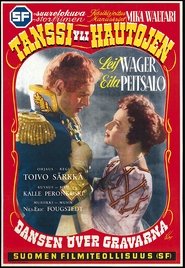 In the early 1800s Finnish governors...
In the early 1800s Finnish governors...Tanssi yli hautojen 1950
In the early 1800s, Finnish governor's daughter first detests but soon falls in love with Russian Czar Alexander I who has just taken Finland over from Sweden's rule.
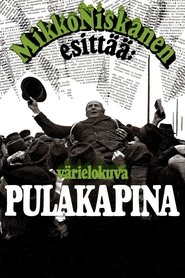 Based on a true story about...
Based on a true story about...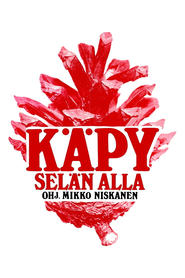 A movie about summer youth the...
A movie about summer youth the...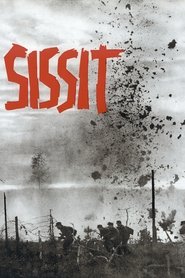 Lieutenant Takala meets his fellow partisans...
Lieutenant Takala meets his fellow partisans...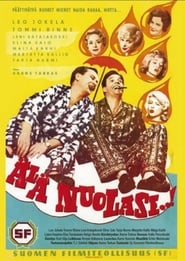
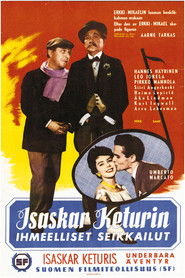
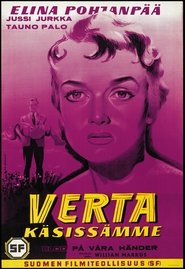 After returning home from being a...
After returning home from being a...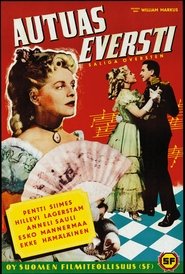
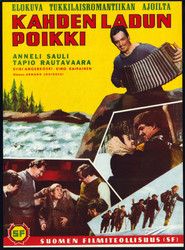
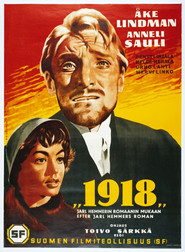 Pastor Samuel Bro has lost his...
Pastor Samuel Bro has lost his...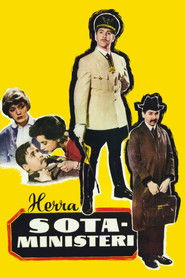
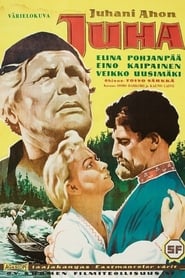 Juha lives together with younger woman...
Juha lives together with younger woman...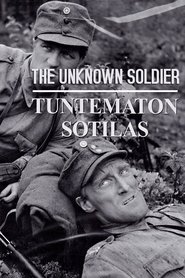 It is the summer of 1941 An...
It is the summer of 1941 An...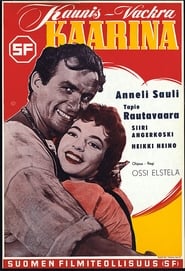
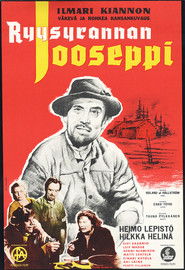 Jooseppi Kenkkunen becomes a moonshiner in...
Jooseppi Kenkkunen becomes a moonshiner in...